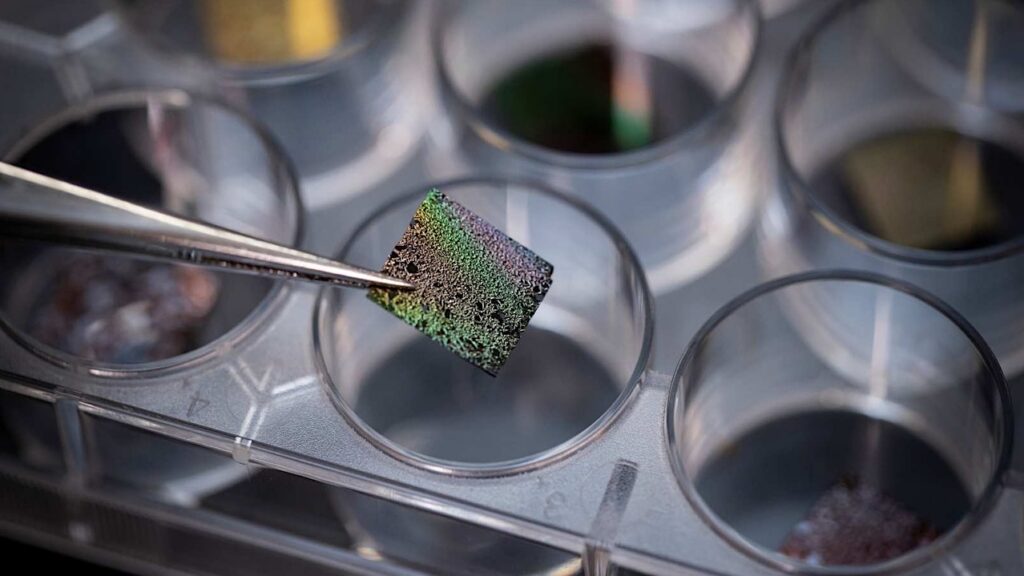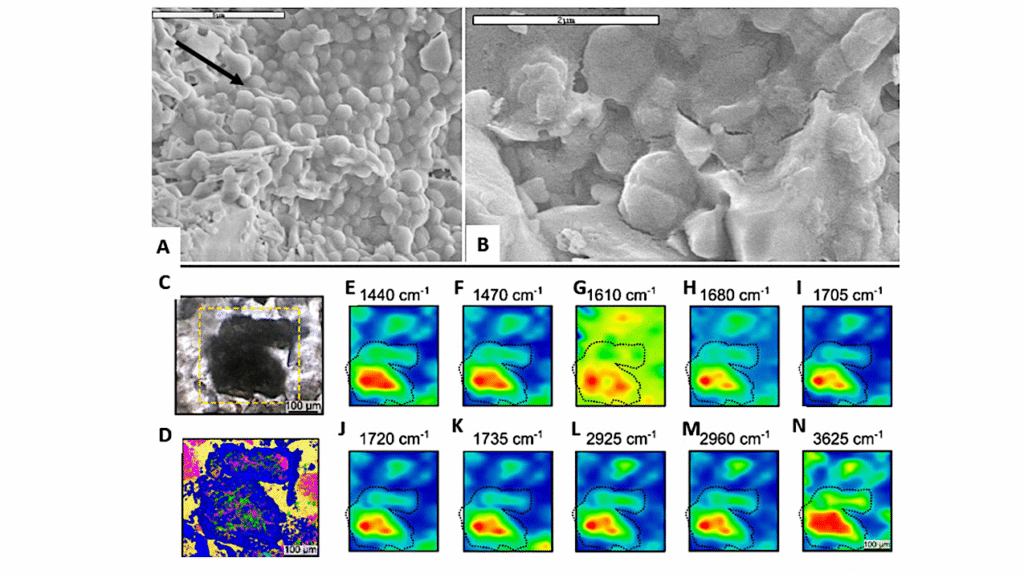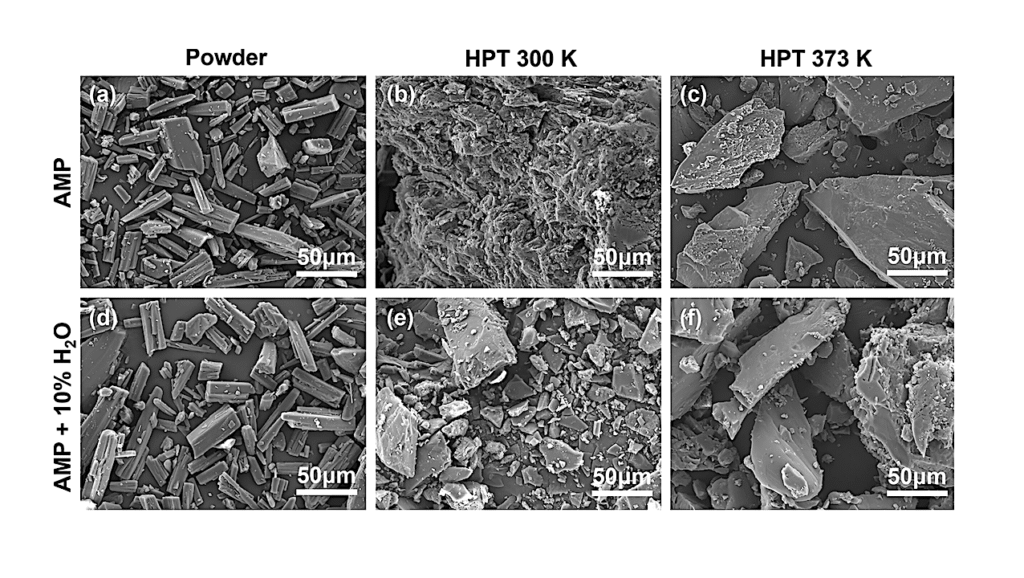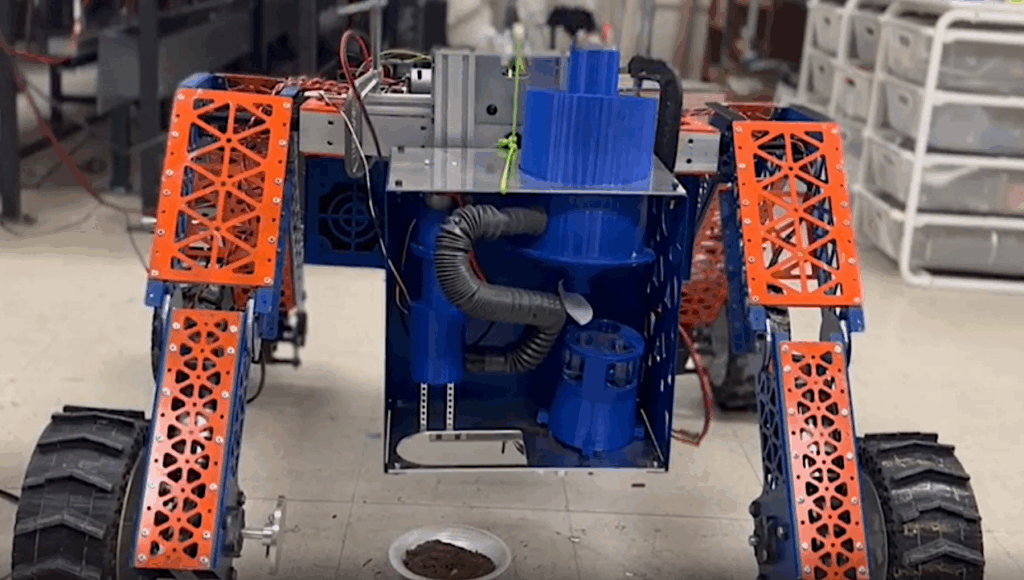Effects of a Spaceflight Environment on Heritable Changes in Wheat Gene Expression
Once it was established that the spaceflight environment was not a drastic impediment to plant growth, a remaining space biology question was whether long-term spaceflight exposure could cause changes in subsequent generations, even if they were returned to a normal Earth environment. In this study, we used a genomic approach to address this question. We tested whether changes in gene expression patterns occur in wheat plants that are several generations removed from growth in space, compared to wheat plants with no spaceflight exposure in their lineage. Wheat flown on Mir for 167 days in 1991 formed viable seeds back on Earth.
These seeds were grown on the ground for three additional generations. Gene expression of fourth-generation Mir flight leaves was compared to that of the control leaves by using custom-made wheat microarrays. The data were evaluated using analysis of variance, and transcript abundance of each gene was contrasted among samples with t-tests. After corrections were made for multiple tests, none of the wheat genes represented on the microarrays showed a statistically significant difference in expression between wheat that has spaceflight exposure in their lineage and plants with no spaceflight exposure.
This suggests that exposure to the spaceflight environment in low Earth orbit space stations does not cause significant, heritable changes in gene expression patterns in plants.
Key Words: Triticum aestivum–Spaceflight–Gene expression–Wheat–Microarray.
Astrobiology. May 2009, 9(4): 359-367.
http://www.liebertonline.com/doi/pdfplus/10.1089/ast.2008.0311








